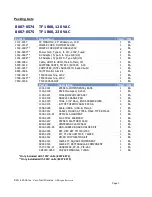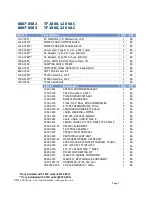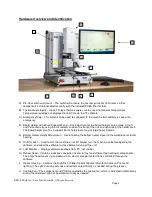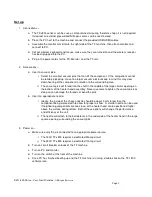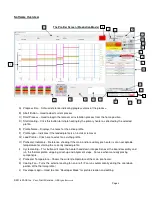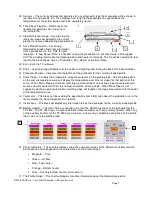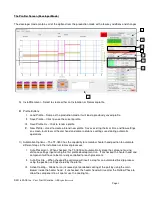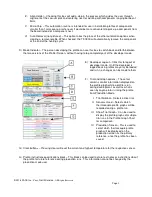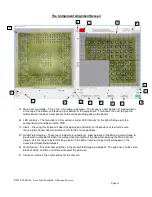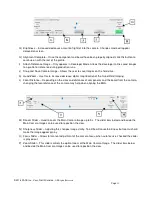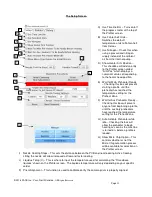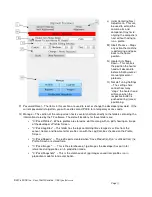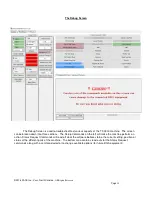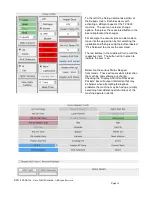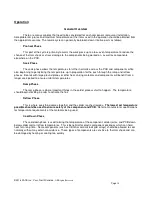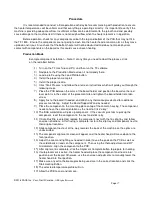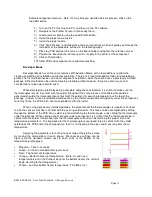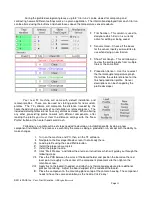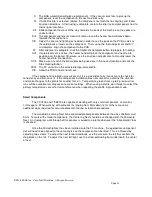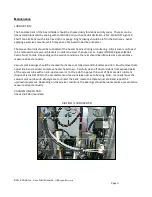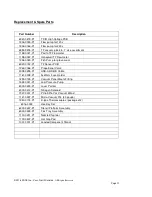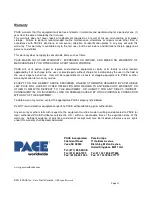
©2016 PACE Inc., Vass, North Carolina,
All Rights Reserved
Page
16
Operation
General Overview
There are many variables that need to be considered for each component removal or installation.
Acceptable ramp rates and maximum temperatures of the items used in the operation should be obtained from
the appropriate sources. The rework cycle can generally be broken down into five parts as follows;
Pre-heat Phase
This part of the cycle is primarily to warm the work piece up to a low, even temperature to reduce the
chance of thermal shock or stress damage to the components being worked on, as well as components
elsewhere on the PCB.
Soak Phase
The soak phase allows the temperatures to further normalize across the PCB and components while
also beginning to gently bring the temperature up in preparation for the push through the ramp and reflow
phases. Boards with large ground planes or other heat-sinking materials and components will benefit from a
longer soak period to ensure uniform temperatures.
Ramp Phase
The ramp phase is where important things in the solder process start to happen. The temperature
should begin climbing in order to activate the flux.
Reflow Phase
This is where everything comes together and the solder reaches liquidus.
The lowest set temperature
possible should be used to ensure safety of the component and PCB.
Refer to manufacturer specifications
for temperature requirements of the materials being used.
Cool Down Phase
The cool down phase is used to bring the temperature of the component, solder joints, and PCB down
below solder melt or reflow temperatures. This is beneficial for plastic component packages which can hold
heat for a long time. Some components (such as CBGA or ceramic ball grid arrays) should be allowed to cool
naturally without any external assistance. These types of components are sensitive to thermal shock and can
be damaged by heating or cooling too quickly.

